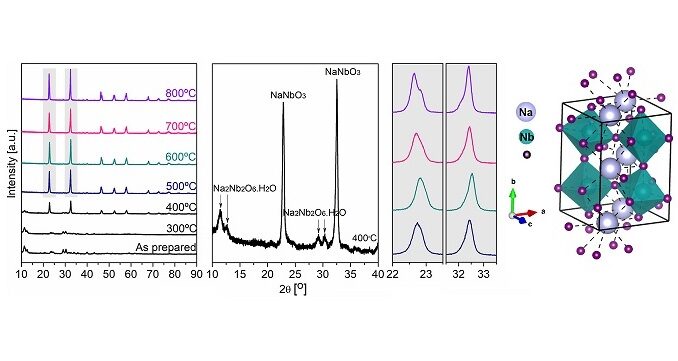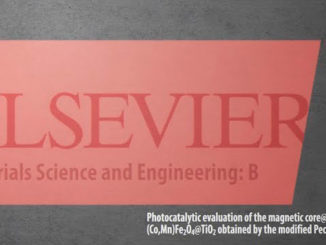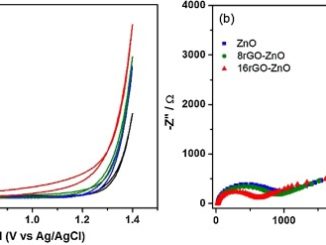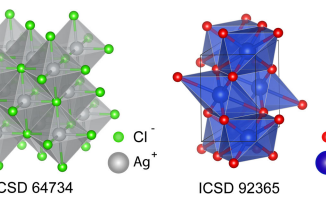
Fast synthesis of NaNbO3 nanoparticles with high photocatalytic activity for degradation of organic dyes
Abstract: NaNbO3 nanoparticles were obtained using the microwave-assisted hydrothermal method followed by heat treatment. It has been shown that heat treatment to increase the crystallinity of the material and modifies particle shape, from nanowires to nanograins. Nanowires with a diameter of approximately 35 nm and a length of tens of micrometers were obtained in the shortest time ever reported in the literature. Particles in the shape of nanograins with a diameter of approximately 35 nm were obtained by burning the nanowires. The photocatalytic activity of the nanoparticles was investigated through the photodegradation of Rhodamine B dye. Electronic structure analysis using density functional theory (DFT) along with experimental techniques was performed to help understand the photocatalytic activity of each sample. The obtained nanoparticles were highly favorable for photocatalytic applications, especially the nanograins, which degraded 100% of the dye in 50 min.
Author(s): Fernandes, D.; Ferrer, M. M.; Raubach, C. W.; Moreira, M. L.; Jardim, P. L. G.; Moreira, E. C.; Graeff, C. F. O.; Cava, S. S.
Journal of the American Ceramic Society
Published: 02 September 2022
DOI: https://doi.org/10.1111/jace.18740
CDMF
The CDMF, hosted at the Federal University of São Carlos (UFSCar), is one of the Research, Innovation and Dissemination Centers (RIDC) supported by the São Paulo State Research Support Foundation (Fapesp), and also receives investment from the National Council Scientific and Technological Development (CNPq), from the National Institute of Science and Technology of Materials in Nanotechnology (INCTMN).




